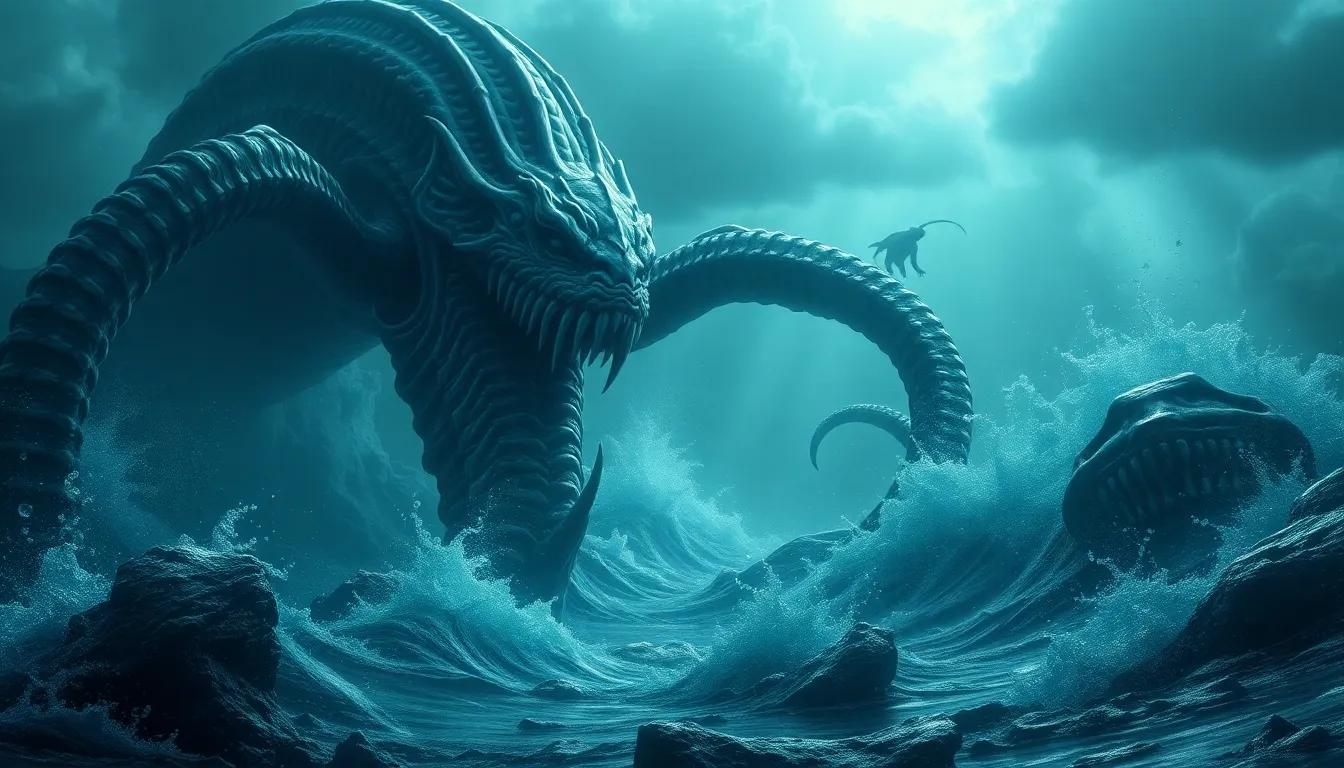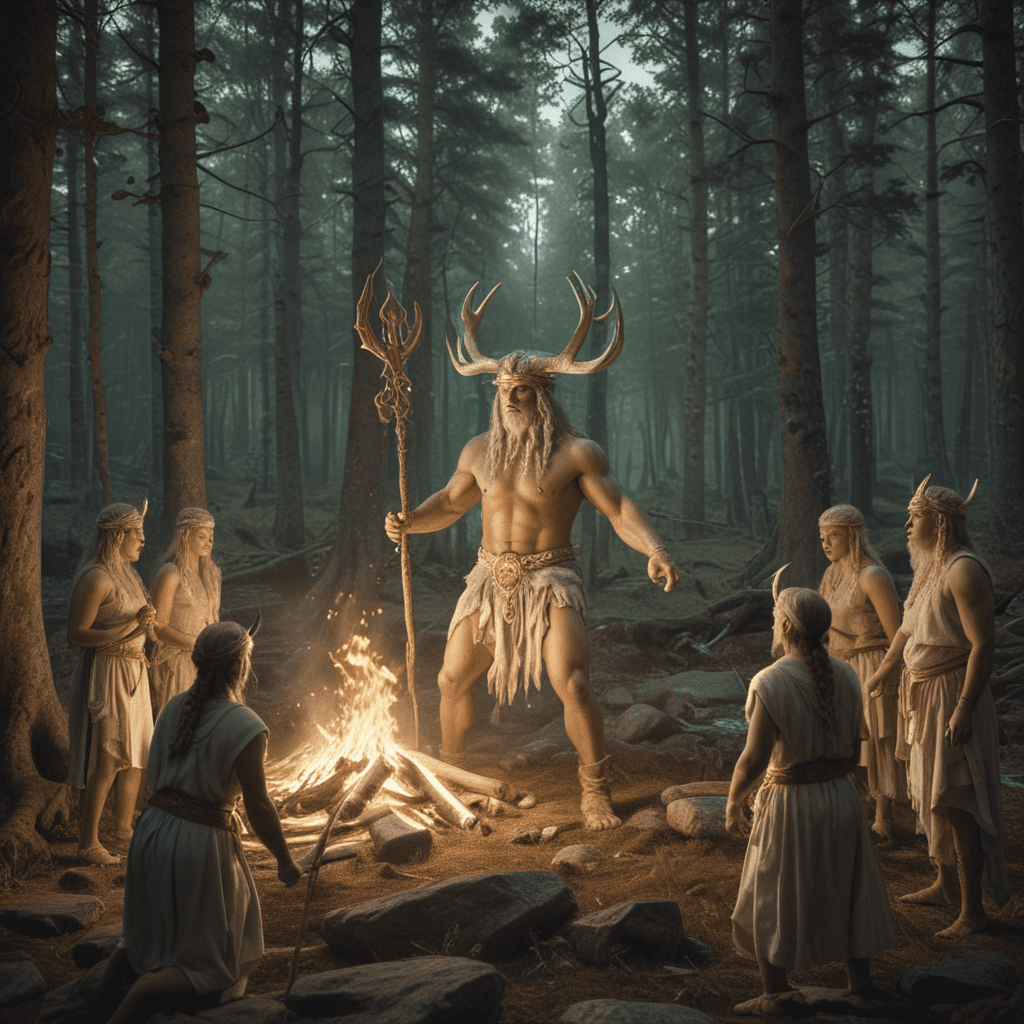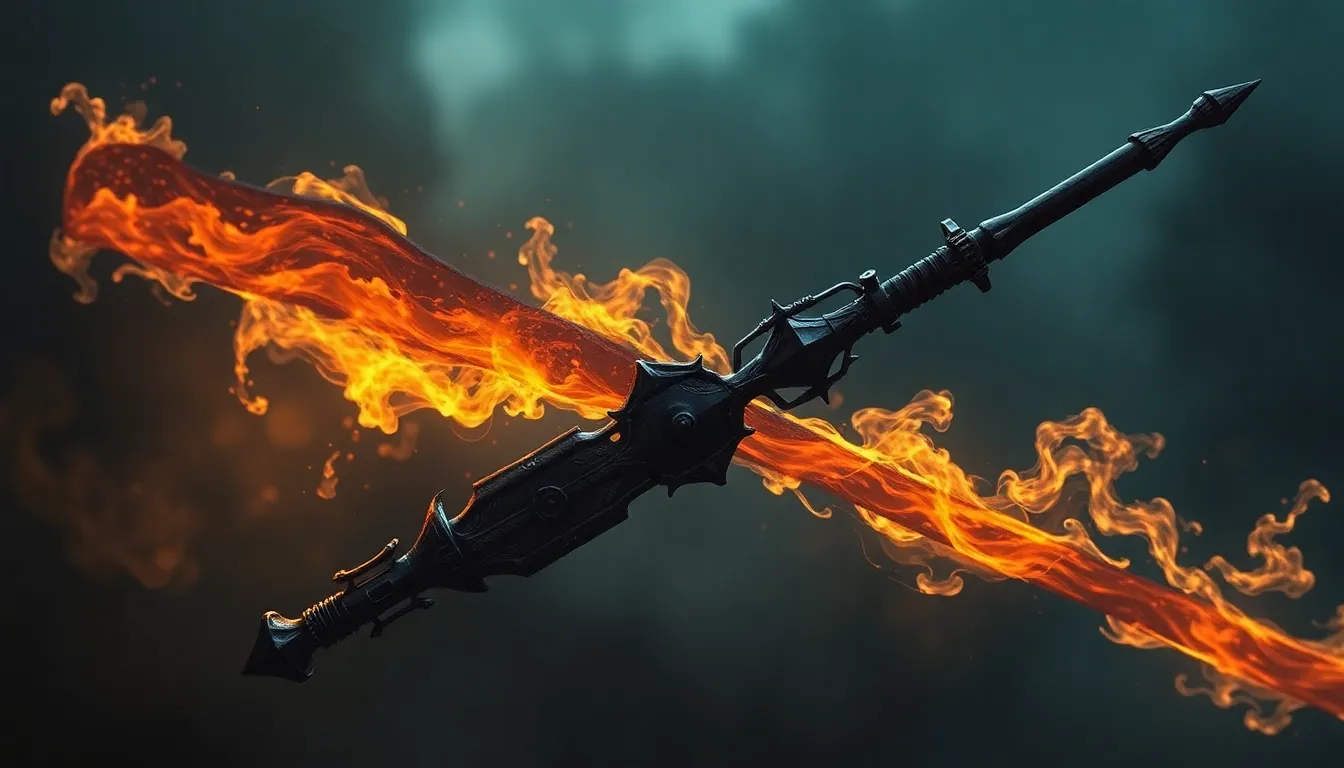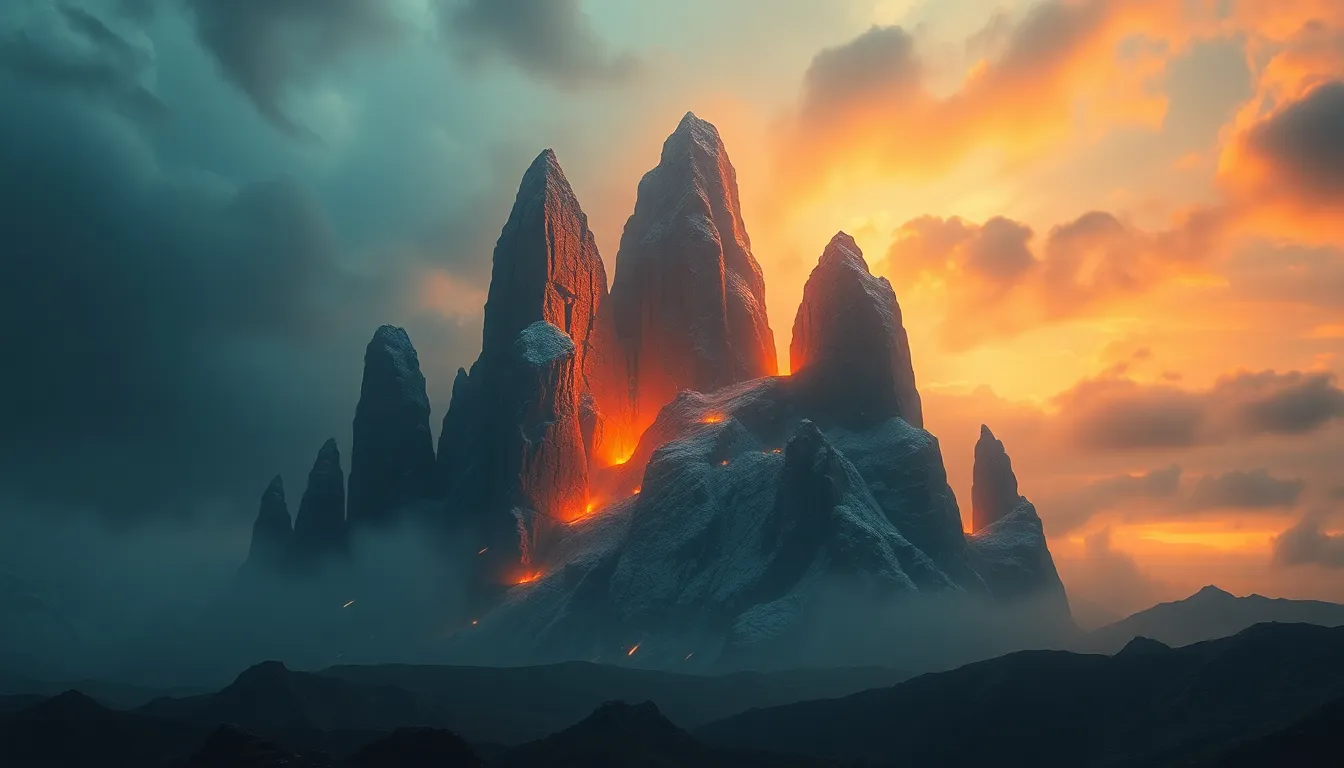The Legend of the Kraken: Terror of the Deep Sea
Introduction to the Kraken
The Kraken, a legendary sea monster, has captivated the imaginations of sailors, writers, and scholars for centuries. Often depicted as a giant octopus or squid, the Kraken is said to dwell off the coasts of Norway and Greenland, rising from the depths of the ocean to terrorize unsuspecting ships. The origins of the Kraken legend can be traced back to the rich tapestry of Scandinavian folklore, where tales of monstrous sea creatures were used to explain the mysteries of the deep sea.
The Kraken in Folklore
The Kraken is deeply rooted in Scandinavian and Norse mythology. In these tales, the creature is often portrayed as a colossal beast that could drag entire ships and their crews into the abyss. The earliest known references to the Kraken can be found in the writings of Francesco Negri, a 17th-century priest who described a giant creature that could be mistaken for an island when it surfaced.
Across different cultures, variations of the Kraken legend exist:
- Giants of the Sea: Many cultures have their own versions of sea monsters, such as the Japanese Umibōzu, a creature that capsizes ships.
- The Charybdis: In Greek mythology, Charybdis is a sea monster that creates whirlpools, posing a threat to sailors.
- The Lusca: A creature from Caribbean folklore, the Lusca is said to be a half-shark, half-octopus that lurks in underwater caves.
Physical Description and Characteristics
Common depictions of the Kraken in literature and art feature a massive, tentacled creature that can reach lengths of up to 100 feet or more. Artists have portrayed the Kraken as having:
- Long, sinuous tentacles capable of wrapping around ships.
- Large, bulbous eyes that glow in the dark depths.
- A beak reminiscent of that of a giant squid.
When compared to other mythical sea creatures, the Kraken stands out due to its immense size and the terror it inspires. Unlike mermaids, which are often depicted as beautiful and alluring, or dolphins, which symbolize playfulness, the Kraken embodies the fear of the unknown and the dangers lurking beneath the waves.
The Kraken’s Role in Maritime History
Throughout maritime history, sailors have shared tales of sea monsters, with the Kraken being one of the most notorious. These accounts often describe encounters with a massive creature that would appear suddenly, causing panic among the crew. Some of the most famous sailor tales include:
- The account of a ship that was sunk by a giant tentacle.
- Stories of sailors who claimed to have seen the Kraken rise from the depths, creating whirlpools that swallowed ships whole.
The Kraken’s influence on navigation and seafaring lore cannot be overstated. The fear of encountering such a creature likely led sailors to be more cautious and to develop navigational techniques to avoid dangerous waters.
Symbolism of the Kraken
The Kraken represents much more than just a fearsome sea monster. It symbolizes:
- Fear: The uncertainty of the unknown and the dangers posed by the ocean.
- Nature’s Power: A reminder of the forces of nature that humanity cannot control.
- Isolation: The vastness of the sea and the loneliness of sailors lost at sea.
In literature and popular culture, the Kraken serves as a metaphor for various themes, such as:
- The struggle against overwhelming odds.
- The conflict between man and nature.
- Exploration of the unconscious fears that dwell within us.
Scientific Explanations and Theories
Many scientists believe that the legend of the Kraken may have been inspired by real-life creatures, particularly giant squids. The giant squid, known scientifically as Architeuthis dux, can grow to lengths of up to 43 feet and has been known to wash up on shores, fueling tales of sea monsters.
Marine biology continues to uncover the mysteries of deep-sea creatures, and the vast, unexplored ocean remains a source of intrigue. The possibility of undiscovered species lurking in the depths adds to the allure of the Kraken legend.
The Kraken in Modern Media
The Kraken has made its way into modern media, appearing in films, books, and video games. Some notable depictions include:
- Movies: The Kraken appears in films like “Pirates of the Caribbean: Dead Man’s Chest,” where it is portrayed as a fearsome creature summoned by Davy Jones.
- Literature: In the world of literature, the Kraken features in works such as Alfred Lord Tennyson’s poem “The Kraken,” which captures the creature’s enigmatic nature.
- Video Games: The Kraken has been featured in numerous video games, including “Sea of Thieves,” where players can encounter and battle this legendary beast.
The evolution of the Kraken’s portrayal reflects changing societal fears and the allure of the unknown.
The Kraken’s Influence on Pop Culture and Merchandise
In addition to its appearances in media, the Kraken has inspired a wide range of merchandise and branding. Examples include:
- Clothing: Kraken-themed apparel, including t-shirts and hoodies.
- Art: Prints and illustrations featuring the Kraken in various artistic styles.
- Beverages: The Kraken Rum, a popular spiced rum brand, uses the creature as its mascot.
The creature’s impact extends to tourism, with coastal regions leveraging the Kraken myth to attract visitors. Attractions such as Kraken-themed tours and exhibits draw enthusiasts keen to explore the legend.
The Kraken in Environmental Discourse
As a mythical figure, the Kraken can also be seen as a symbol for real-world issues facing marine ecosystems. The legend serves as a reminder of the fragility of ocean life and the threats posed by pollution, overfishing, and climate change. Environmentalists have utilized the Kraken to:
- Raise awareness about the importance of ocean conservation.
- Encourage individuals to respect and protect marine habitats.
- Highlight the need for sustainable practices in ocean exploration.
Conclusion: The Enduring Legacy of the Kraken
The legend of the Kraken continues to fascinate and inspire generations. As a powerful symbol of the unknown and the dangers of the sea, the Kraken reflects humanity’s fears, aspirations, and the enduring allure of the ocean’s depths. Myths like the Kraken serve as a lens through which we can better understand our relationship with nature and the mysteries that still lie beneath the waves.



